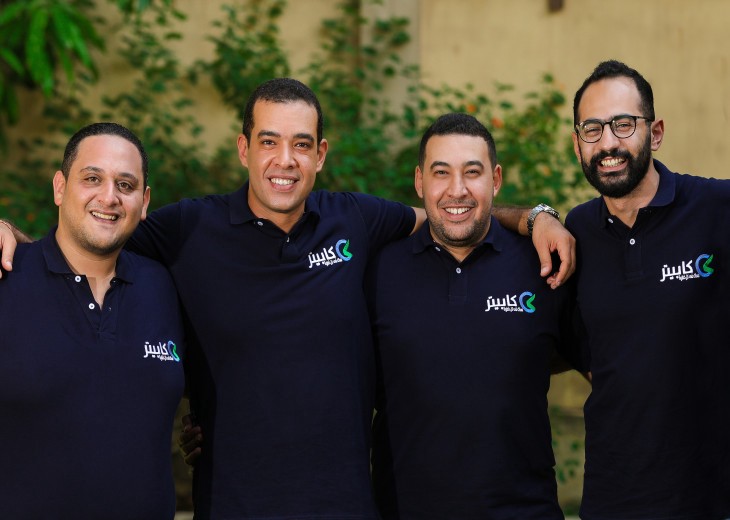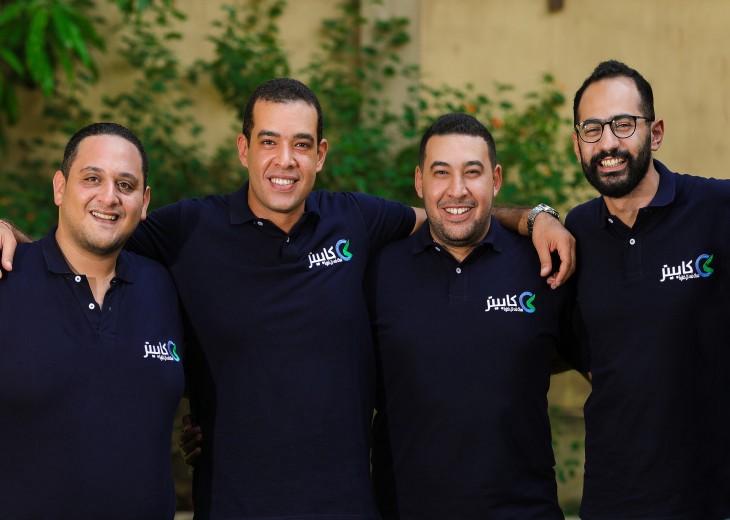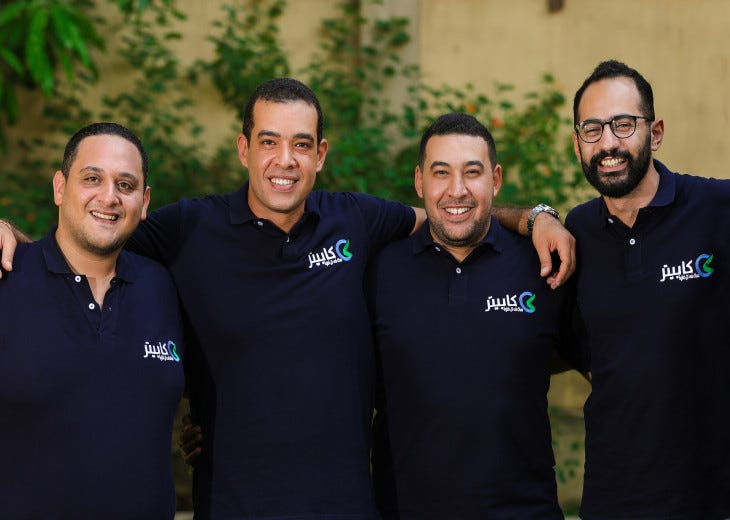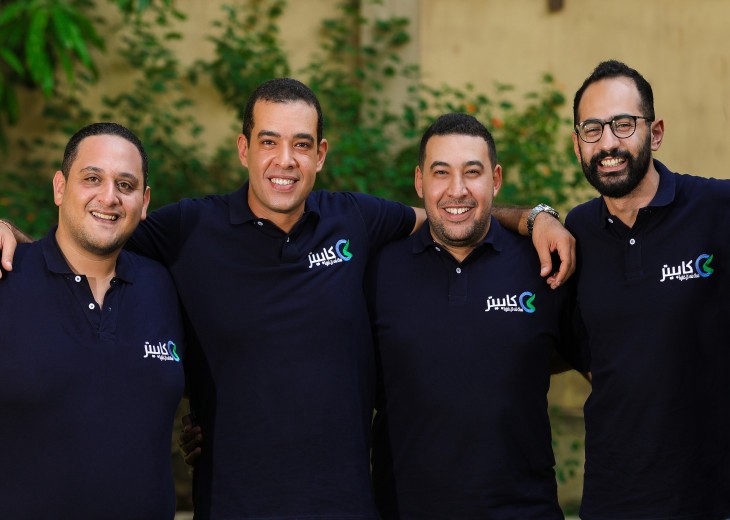How Troubled Egyptian Startup Capiter Was Liquidated After Failure to Secure Merger
In a recent development that marks the final chapter of the tumultuous journey of Capiter, the Egyptian e-commerce and information technology services startup, the decision to liquidate the company has been officially confirmed. This decision comes in the wake of the startup’s failed attempt to secure a merger and obtain much-needed financing to navigate its severe financial crisis.
Last September, Capiter made headlines when it ousted its founders due to their repeated absence during the crucial due diligence checks preceding a potential merger. This move was prompted by the startup’s precarious financial situation, which had been worsening over time. The founders, Mahmoud and Ahmed Noah, were unable to meet their obligations and responsibilities towards the company, failing to engage with the Board of Directors, shareholders, and investors during the pivotal due diligence process.

Sources familiar with the matter revealed that both local and Gulf-based companies had initially considered injecting investments to revive Capiter. However, these plans were abandoned in light of escalating legal disputes between the estranged founders and the company’s board. Moreover, concerns arose regarding the possibility of rebuilding trust in the brand among merchants and the public following the company’s bankruptcy crisis.
read also Egyptian Fintech ValU Rebrands, Shifting Away from ‘Buy-Now-Pay-Later’ Model
In the aftermath of Capiter’s liquidation, Mahmoud Noah, the former founder of the startup, has set his sights on creating a new investment entity. Reports indicate that he is currently working on establishing this entity from within a Gulf country. Meanwhile, his brother, Ahmed, is situated in Russia. These developments effectively signal the end of their association with Capiter.
The Capiter saga began in July 2020, when the company was founded by Mahmoud Noah as CEO and his brother Ahmed as the Chief Operating Officer. The startup quickly amassed a sizable presence, boasting around 22,000 products on its platform, a network of 1,000 sellers, a fleet of 600 trucks, and an employee count exceeding 2,000. At its peak, Capiter garnered an estimated investment volume of $33 million.
The startup had managed to secure this funding through its initial financing round, which saw participation from prominent companies and investors such as Capital Quona, MSA Capital, Savola, Shorooq Partners, Foundation Ventures, Accion Venture Lab, and Derayah Ventures.
In the midst of the crisis, speculations had arisen regarding the alleged misappropriation of funds, leading to widespread allegations that the founders had mismanaged the company’s finances. Entrepreneur Walid Rashid addressed these claims on his official Facebook page, attributing the financial struggles to mismanagement, poor decision-making, and inadequate evaluation of matters, rather than deliberate fraud or embezzlement.
read also More African Fintech Became Active in Last Two Years
Former Capiter CEO Mahmoud Noah broke his silence on the issue during a phone call to an MBC Egypt news show. He denied the rumors surrounding his and his brother’s escape from responsibility, asserting that the $33 million investment from various firms and investment funds had been properly utilized to grow the business. He further clarified that Capiter was held under the parent business located in the UAE, and a total of 18 investors, including himself and his brother, held stakes in the company.
While acknowledging that Capiter had accumulated commitments surpassing its assets, indicating its indebtedness, Noah refuted claims that they were formally informed of their dismissal. He pointed to the global financial crisis, triggered by the Russia-Ukraine conflict, as a contributing factor to Capiter’s financial challenges.
The underlying cause of the impasse that eventually led to Capiter’s liquidation was revealed to be a discord between the founders and investors. However, the situation had not been resolved in a conventional manner, and a mutually agreeable solution remained elusive.
Notably, Mohamed Nagati, an investor and entrepreneurship expert, shared his insights on the matter. He explained that Egypt’s entrepreneurial sector was transitioning from a growth phase to a phase of consolidation, a trend observed in emerging economies globally. While the Capiter issue could impact the local entrepreneurial climate, Nagati emphasized that failure is inherent in business, and the sector has previously delivered substantial returns and employment opportunities to the Egyptian economy.
As the final chapter of Capiter’s story unfolds, the Board of Directors officially removed Mahmoud and Ahmed Noah from their executive positions as Co-Founder & CEO and Co-Founder and Chief Commercial Officer, respectively. Maged Al-Ghazouli, Capiter’s Chief Financial Officer, was appointed as interim CEO, tasked with addressing concerns from stakeholders and continuing negotiations with the entity that had been targeted for a merger with Capiter. With the liquidation decision now set in stone, the once-promising startup’s journey ends in a tale of financial struggles, internal disputes, and unrealized potential.
Capiter failure Capiter failure
Charles Rapulu Udoh

Charles Rapulu Udoh is a Lagos-based lawyer, who has several years of experience working in Africa’s burgeoning tech startup industry. He has closed multi-million dollar deals bordering on venture capital, private equity, intellectual property (trademark, patent or design, etc.), mergers and acquisitions, in countries such as in the Delaware, New York, UK, Singapore, British Virgin Islands, South Africa, Nigeria etc. He’s also a corporate governance and cross-border data privacy and tax expert.
As an award-winning writer and researcher, he is passionate about telling the African startup story, and is one of the continent’s pioneers in this regard







